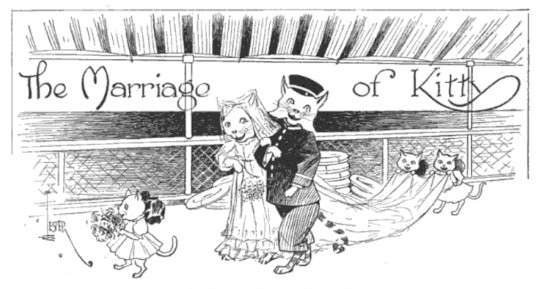Jean-Luc Godard? D. W. Griffith? Evelyn D. Miller? Frederick James Smith? George W. Sears? John Philip Sousa? Abel Gance? Fredric Wertham? Charlie Chaplin? John Boorman? Apocryphal?

Question for Quote Investigator: A powerful and jaded film director once listed the two crucial ingredients to achieve success:
All you need for a movie is a girl and a gun.
This adage has been attributed to French New Wave director Jean-Luc Godard and influential early filmmaker D. W. Griffith (David Wark Griffith). Would you please explore this topic?
Reply from Quote Investigator: In May 1922 the periodical “Shadowland” published an interview with D. W. Griffith conducted by Frederick James Smith. Griffith complained that audiences wanted unrealistic films with romanticized characters and broad humor. Boldface added to excepts by QI:1
“I fear that we must go on sugar-coating life, idealizing our celluloid characters and falling back upon the absurdly palpable demand for crêpe-paper comedy, such as you find in ‘Way Down East’ and ‘Orphans of the Storm.’” And Mr. Griffith smiled.
We once heard an interesting tale of Mr. Griffith’s formula for screen success, a rather striking sidelight upon his view of what the public wants. “A gun and a girl,” ran his reported recipe for film popularity. And, when one comes to consider the matter, probably the director is right.
Thus, Smith credited Griffith with the remark about “a gun and a girl”, but Smith did not claim that Griffith spoke the phrase during the 1922 interview. Instead, the quotation was second-hand, and it was from Smith’s memory.
Jean Luc-Godard received credit for presenting this formula by 1992, but it was already in circulation. See details below.
Here are additional selected citations in chronological order.
Continue reading “Quote Origin: All You Need To Make a Movie Is a Girl and a Gun”





